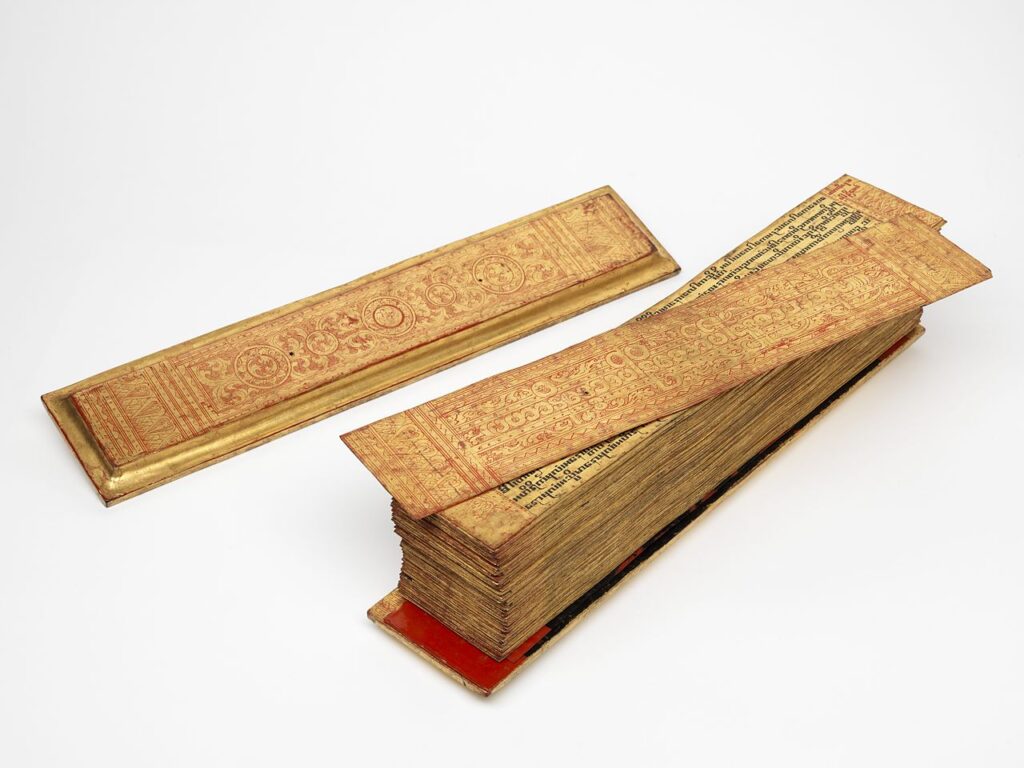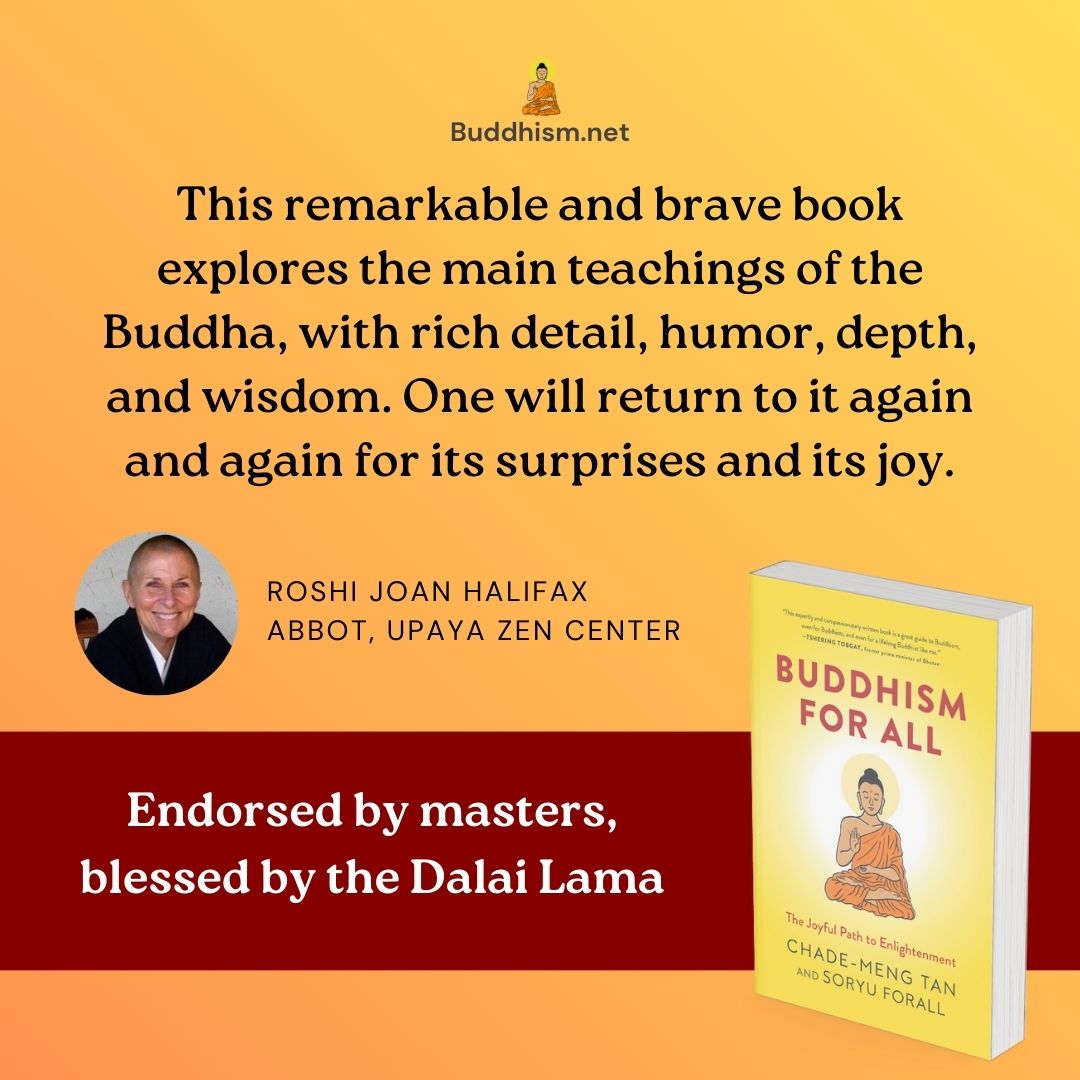
In Buddhism For All, you will find a large number of footnotes directly referencing the early Buddhist texts (EBTs). The EBTs, which we will talk about sometime in the next few weeks, is this huge collection of texts known to be the earliest recordings of the Buddha’s teachings. It is so voluminous not many people have actually read the whole thing. Soryu and I both have. It took him 12 months and me 16 months of full-time study to work through all of them at an initial level of understanding.
The main reason Soryu and I put in all those references is so you don’t have to take our words for it, you can check the primary source for yourself to see if we are correctly representing the teachings of the Buddha. Our original intention was to hold ourselves fully accountable to the Buddha and to you, our reader, by providing an easy mechanism for you to prove us wrong. Doing that turns out to yield a happy side-effect: authority. By painstakingly going through and referencing the EBTs, we find ourselves able to present the teachings with the full authority afforded to us by the primary texts, not having to rely on Soryu’s authority as an abbot.
The obvious reason Soryu and I chose to rely heavily on the EBTs is that the teachings in them are common to all major schools of Buddhism. But there is another reason, and it has to do with my frustrating early experience learning Buddhism.
When I first started learning Buddhism, what greeted me was a stark bifurcation. There were only two types of Buddhist teachings available to me representing both extremes of the depth spectrum. On one end, there were the teachings on basic morality: don’t lie, don’t steal, be good to people, and so on. Essentially, the same things mom tried to teach me when I was five. Also often included was a version of Buddhism so excessively watered-down it had no potency left, mostly: life is suffering, so try not to crave for things, and be good to everyone. I attended numerous lectures where Buddhist teachers essentially repeated those same basic things. I was frustrated and disappointed every single time. The only other type of Buddhist teachings that I had access to occupied the other extreme end of the spectrum: things that were basically incomprehensible. For example, teachings like, “there is no difference between subject and object”, or “form is emptiness”, or “there is no aging and death, and no end of aging and death.” None of it was useful to me at the time.
Things began to change for me when I learned mindfulness meditation, which transformed me and changed my life. I then came across the EBTs and, whoa, I realized I stumbled into a large treasure house. In those texts, the Buddha takes you from the most basic stuff all the way to final enlightenment, including the steps in between. The entire path was laid out. More impressively, almost all of it was perfectly understandable. Wow. Mind you, it was understandable not because the Buddha watered anything down, but because of his amazing brilliance. Enlightenment itself is beyond description. To describe a path towards something beyond description is really hard. It takes a real genius to do it, which is why it rarely happens in history. However, to describe the path in a way that is perfectly understandable and useful to everyone is much, much harder. It takes a genius’s genius to do it, and the Buddha was that super-genius. I finally had what I needed to understand Buddhism. My heart overflowed with gratitude for the Buddha.
Over the past two thousand plus years, due to a whole host of cultural, instructional and historical reasons compounded over time, the teaching of Buddhism started trending towards the increasingly esoteric for one audience, and increasingly watered-down for another audience, and that was how by the time I wanted to learn Buddhism, there was this stark bifurcation staring me in my face, almost laughing at me. Fortunately, the EBTs give us everything we need to bridge this bifurcation, so that every one of us can benefit from the full spectrum of the Buddha’s teachings. And that is why Soryu and I rely so heavily on those texts.
Activities

